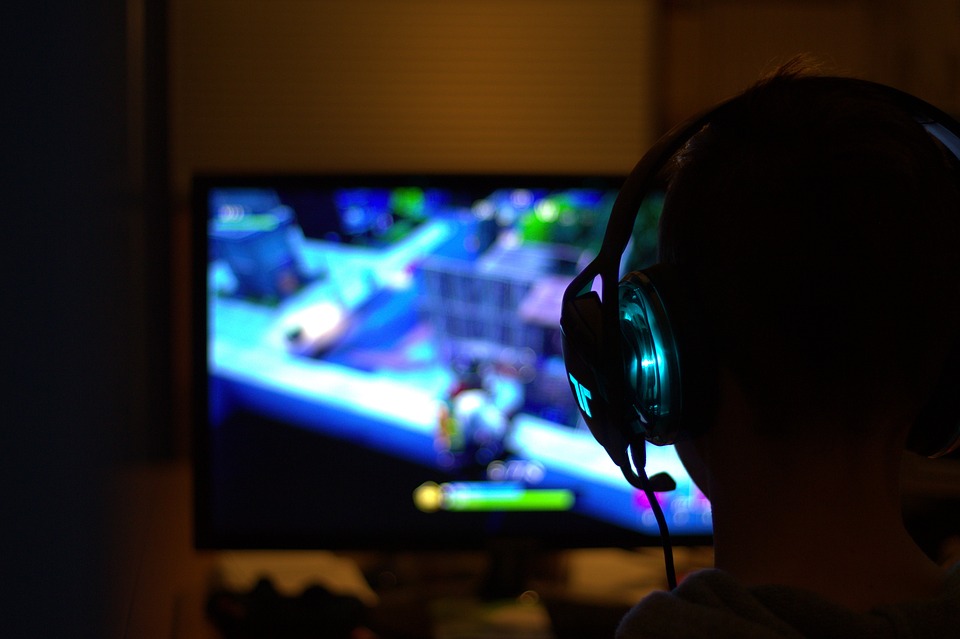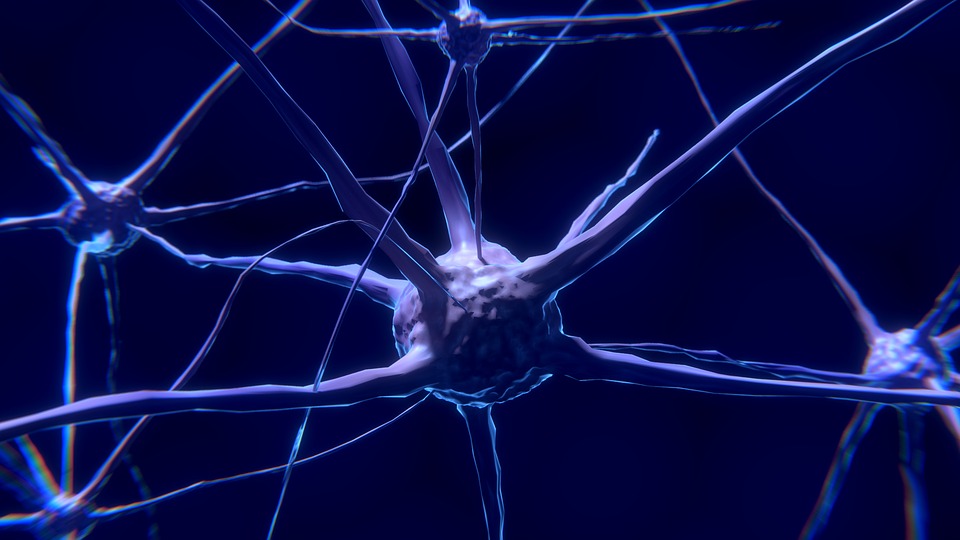Everything you need to know about video game addiction
Ever since the 1950s, gaming has increased in popularity to the point where for some individuals it is causing more serious problems. Video game addiction has been raising concerns for parents and partners who are worried their loved ones could suffer long term effects by playing video games in excess. Here we explain everything you need to know about video game addictions including its symptoms and treatment.

What is a video game addiction?
A video game addiction is a disorder in which an individual plays video games at a rate that exceeds the moderate amount played overall and which disturbs the normal functioning of the individual’s everyday life.
A video game addiction, which is sometimes referred to a gaming disorder, has been defined in the ICD-11 (International Classification is Diseases) as a pattern of gaming behaviour that can be both online and offline and is of sufficient severity that is causes an impairment in family, social, educational, occupational and personal life.
It is important to note that this behaviour must be continuous and proceed for at least 12 months before a diagnosis can be made.
Why are video games addicting?
The main reason why video games can become so addictive is due to the way they are designed. One of the main aims of a video game designer is to make people play their game. Therefore game designers increase how challenging games are and make goals within the game harder to achieve. This, in turn, prompts players to keep coming back to their game and work to achieve the goals and targets the game provides.

Video game addiction symptoms
A video game addiction has various signs and symptoms that act as warning signs prior to any diagnosis. Some physical symptoms of video game addiction include:
- Migraines/intense headaches.
- Fatigue.
- Carpel tunnel syndrome due to strain caused by a computer mouse or controller.
- Poor personal hygiene.
As well as physical symptoms. A video game addiction also has emotional symptoms such as:
- Personal isolation from those around you in order to spend more time playing video games.
- Lying and making excuse to friends and family to justify the amount of time spent gaming.
- Increased feelings of irritability and restlessness when not gaming.
- Continuous thoughts of previous gaming activity and anticipating when the next time they can continue playing.
Long term effects of video game addiction
Just like many other addictions, a video game addiction has long term effects as the result of the behaviour of an individual whilst they were addicted. Some long terms effects of video game addiction include:
- Financial and occupational issues due to lost job/income and excess spending on video games.
- A sleeping disorder such as Insomnia.
- Dietary issues.
- Broken relationships with friends and family due to less time spent with them to play video games.
A video game addiction can also affect an individual’s education and career. In recent news, an EFL football player has spoken out on his addiction to video games and how at times he would miss training to continue playing online.
In other news, Southampton manager Ralph Hasenhuttl has taken actions to block his team's wi-fi access when at hotels to prohibit them from playing video games.
Video game addiction treatment
Gaming is a form of behavioural addiction which is treated similarly to sex or gambling. After a diagnosis has been stated, an individual can choose the method of treatment for their addiction.
One type of video game addiction treatment is residential rehabilitation. At New Leaf Recovery, we provide residential rehabilitation at our private rehab centre in Birmingham.

Our team of devoted staff provide our residents with tailored treatments in order to break compulsive gaming behaviour and leave ourselves with total abstinence.
How to avoid video game addiction
If you are worried that you are developing a video game addiction, there are a number of ways you can avoid this before it takes over. You can try to avoid a video game addiction by:
- Learning the symptoms of a video game addiction and how to identify them.
- Reducing the amount of time spent on online playing video games or offline manifesting them.
- Occupying yourself with other activities instead of filling spare time gaming.
- Talking to family members or friends and making them aware of your worries so they can identify future symptoms.
- Identifying what triggers your compulsive gaming.
If you are concerned for yourself, friend or family member in terms of video game/ gaming addiction, please contact us on 0300 999 0330 so we can provide whomever you're concerned about with the help needed.

